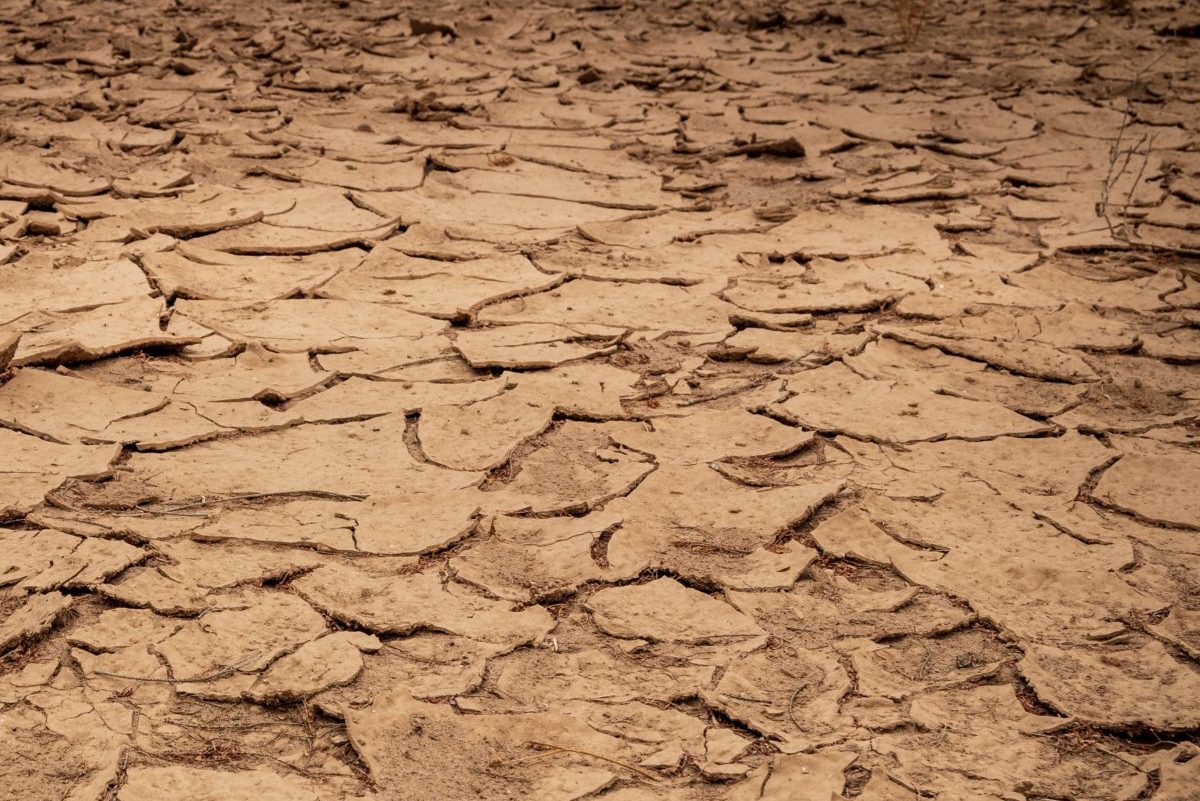Extreme heat is becoming more frequent and severe with significant implications for human health, agricultural systems, infrastructure, and stability. The United Nations Security Council can steer the world to address this existential threat to global security.
Extreme heat events are on the rise globally with climate change ‘making heatwaves longer, hotter, more likely, and more dangerous’.
In the US and Canada, a ‘heat dome’ brought record-breaking heat, exacerbating wildfires. Researchers estimate the heatwave was made 150x more likely due to climate change.
In Europe, a heatwave made more intense by climate change pushed temperatures to near-record highs, exacerbating fires in Turkey, Greece, Italy, and Finland.
Recent extreme heat in Iraq and Iran resulted in power outages and protests while in Siberia extreme heat has led to severe wildfires and, in Pakistan, extreme heat exceeded wet bulb temperatures safe for humans.

